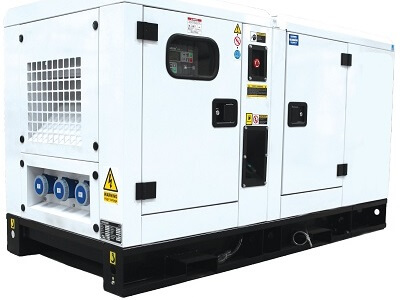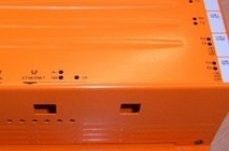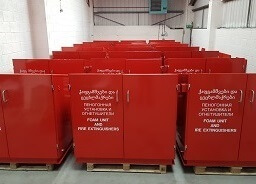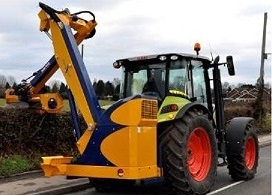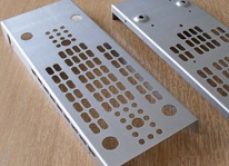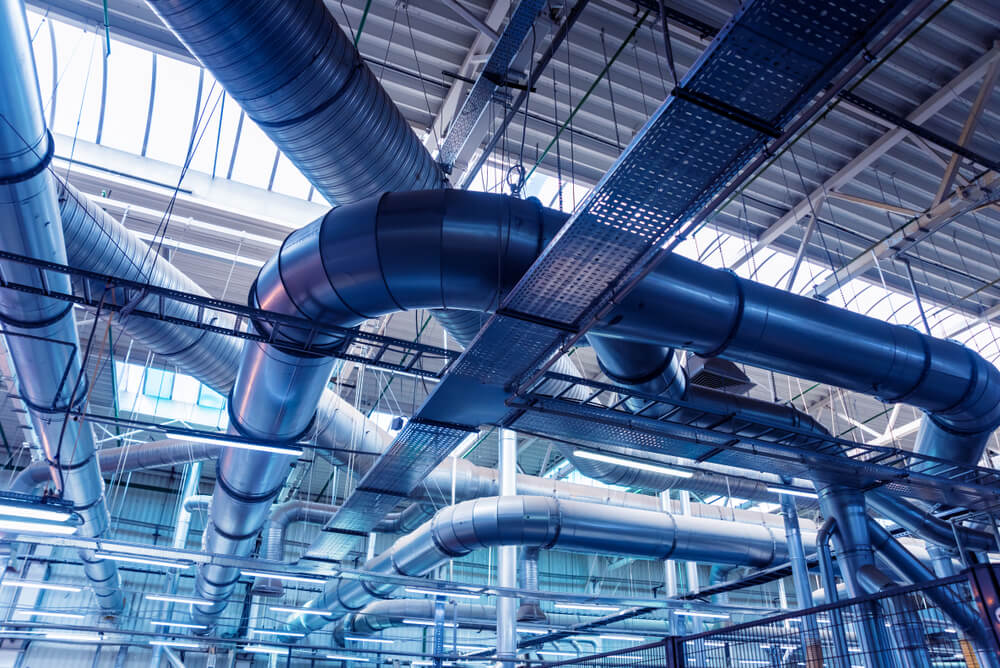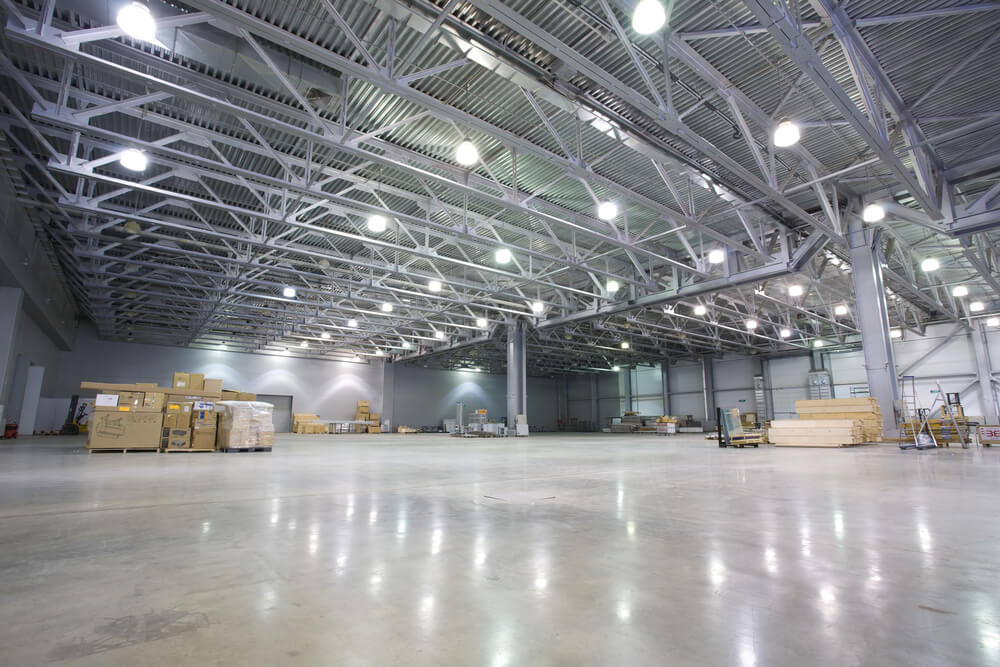
Sheet Metal Rolling
First-class sheet metal rolling services for commercial projects.
Metal Fabrication London
Sheet Metal Fabricators in London
Akramatic brings together the power of modern design tools and techniques and the traditional skills involved in sheet metal fabrication to produce anything from a single, bespoke piece to larger-scale production sections and components. Founded in 1967, we still operate from our original Derbyshire factory, close to the M1 and A38, where we have invested heavily in CAD/CAM technology, Inventor software, CNC machinery, laser cutting and folding equipment, and not least, a team of highly skilled operators. Taking great pride in their work, and ready to tackle any fabrication job, no matter how complex, it’s little wonder that many businesses such as yours regard our metal fabrication in London services so highly. Our state-of-the-art sheet metal fabrication tools and techniques mean that just about anything that can be designed can be produced in an appropriate type of metal. Talk to us today about how we can help turn your brilliant ideas into reality - whether it’s a one-off metal product, or something intended for mass production.
Metal Fabrication FAQs
What processes are involved in sheet metal fabrication?
Several different processes are involved in the metal fabrication process, depending on the required resulting product, but the most commonly used are: Sheet metal folding: This involves a machine called a press brake applying a tonnage of pressure to the sheet to bend it to the desired angle. Sheet metal laser cutting: This precise method of cutting is used to shape a flat metal sheet. The required shape is “nested” or laid on top of the sheet using CNC programming. An ultra-high temperature laser machine then follows the specified path, slicing through the metal sheet as it goes to leave a cut out shape. Waste sheet metal cut off at this stage can then be recycled. We can also make perforations in, profile and shape sheet metal using a process called punching. This involves a tool on the end of a CNC punch machine being pushed through the sheet at high speed, causing the metal to perforate. Once they have been fully processed, sheet metal components are often welded to form larger assemblies through a process of MIG, TIG, spot or even robot welding.What are the advantages to using sheet metal for manufacturing?
Because it can be bent and moulded quite easily, sheet metal has a massive variety of potential uses. As a client, if you have a particular use in mind for sheet metal, we can build a process around your specific needs. Using contemporary production methods such 3D printing, we can offer short lead times which meet the strict requirements for the production of prototype components. Sheet metal fabrication processes then allow for a gradual transition from prototyping to large-scale production. By making prototypes we establish the parameters for larger-scale manufacturing as well as the parts and manpower which will be needed. Sheet metal can be treated with a variety of surface finishes, including powder coating, painting, galvanising, plating, etc. As well as allowing many different finishes to be produced, this also provides different kinds of protection according to the applications for the products which are made from it. Metal sheets can be made from a range of materials. Sheet metal is a general term which indicates the thickness of the metal, but it can consist of a number of types of metal, such as aluminium, mild steel, stainless steel or brass, and others.What are the main applications in which sheet metal is used?
Sheet metal is used in a massive range of applications. It’s in most home appliances and every vehicle that we drive, for example. Different types of sheet metal have been developed for specific uses, as we detail below:Cold rolled steel:
A comparatively cheap material, which as the name suggests, is rolled at room temperature. Cold rolled steel can only be produced in thicknesses of 3mm or less, and is distinguished by its clean, smooth surface. As a result, it is in high demand for applications such as home appliances, furniture, lockers and cabinets, as well as larger structures such as garages.
Hot rolled steel:This refers to sheets of steel which are formed when the metal has been heated. Hot rolling can be shaped more easily than its cold rolled equivalent, which makes it cheaper to produce. Because the heat makes it easier to form and shape the metal sheets, thicker sheets can also be manufactured. However, because hot rolled steel naturally shrinks as the metal cools down, it cannot be made to such precise dimensions as the cold rolled equivalent. As a result, the metal can be prone to stresses which can warp the material and alter its dimensions. Stainless steel sheets are good in corrosive environments, where a combination with strength is important. Mostly used for all kinds of surgical instruments, cutlery, kitchen accessories, sinks, etc. Still, there are great industrial use-cases for storage tanks, valves, piping and the like.
Aluminium:
These types of sheet may not be so common for every engineer because of its higher cost. Still, aluminium finds a lot of use throughout the industry because of its standout qualities. It is corrosion-resistant, although it can suffer some deterioration, but most importantly, is strong and light. This makes it especially suitable for cars, vans and buses which can benefit from the lower weight. Many consumer goods such as phones and laptops are protected by light and durable and aluminium casings.
Our sheet metal rolling service offers first class roll-bending and curving, and is ideal for any company requiring smooth radius shapes or sheet metal rolled into cylindrical shapes. We are regularly rolling sheet metal, starting from just a few millimetres wide. And with our range of equipment we are able to serve even the largest multi-national industrial businesses.
Thanks to investments into the latest rolling sheet metal machines, coupled with our dedicated and skilful workforce, we are now able to take on even the most demanding and complicated of metal rolling tasks. Including the application of rolled metal skins, complete cylindrical designs, the complex curves required for the lighting industry, and more.
By taking up our sheet metal rolling service, we can guarantee all of our customers a high degree of excellence and precision, and a truly bespoke, individualised metal rolling experience.
We would be more than happy to discuss your needs, contact Akramatic Engineering on 01773 833223
Technical information about our sheet metal rolling services
Our rolling equipment includes:
- (1x) 2500mm NC Controlled Powered Rollers.
- (2x) Hand Rollers.
We utilise both manual and powered sheet metal rollers to regularly produce rolled and curved metal parts. A combination of both allows us to roll a diverse amount of sheet metal. From thinner gauges of mild steel, aluminium and some light gauges, to thicker types along with very tight curves.
We also utilise CNC brake forming and CNC multi-bending to produce other types of sheet metal curves.
More about our sheet metal rolling services
Types of metal that we commonly roll with our metal rolling services include:
- Aluminium (incl. reflector aluminium materials)
- Mild steel
- Many light-gauge stainless steels
- Copper
- Hardened and tempered steels
- Carbon steels
- High chrome
Metal rolling is a service popular across many industries, including road and rail. Metal rolling is also used to make metal guards and circular designs for HVAC equipment, many general industries and more. Some of the most common metal and steel rolling jobs that we carry out include: the rolling of metal guards, sophisticated rolled metal skins, and the rolling of precise circular designs.
With our sheet metal rolling, we can roll and produce other, more sophisticated types of sheet metal ‘curves’. Including:
- Forming
- Multi-bending (a series of slight bends that emulate rolling)
Our Metal Engineering Capabilities:
- CAD/CAM and Inventor and AutoCAD design software.
- Laser profiling
- CNC punching
- NC folding
- Rolling and tube bending
- Machining
- Welding and assembly
- Powder coating
- TIG welding
- Drilling, insert pressing, fettling & polishing
FAQS — More information about sheet metal rolling
In metalworking, sheet metal rolling is the process of passing a type of metal through one or more pairs of mechanical rollers. The rollers typically rotate in opposite directions and the gap between the two is smaller than the metal being worked.
The aim of rolling metal is often to reduce the metal’s thickness, or to make it uniform in length. Or to adjust the metal quality in some other desirable way. Most often, the purpose behind rolling metal is to transform the metal into thin, flat pieces.
The main difference between the two is the temperature in which the metal rolling is done. ‘Hot’ rolling occurs at very high temperatures at 900°C or more. Steel tends to recrystallize around this temperature. Making it more malleable, and therefore easier to form and work with. ‘Cold’ rolling takes place at or near room temperature. In most cases, cold rolling steel has already ‘hot rolled’. Cold rolling is in fact a form of further processing.
Hot rolled steel tends to have a scaled surface, slightly rounded edges and corners and some slight distortions in the final form — all results of the extremely high temperatures. Steel rolling that is cold is often smoother to touch, with well defined edges and uniformity and with smoother surfaces. As a result of the further processing and refining methods.
In most cases, cold rolled steel is harder and stronger than steel that is only hot rolled. Steel and metals in general are cold rolled and shaped at room temperature. There they are ‘hardened’ to make them tension and deform-resistant.
Some grades of stainless steel — but not all — can rust. But some don’t. Steel is usually galvanised to protect it from rusting. Like some grades of steel, cold rolled metals can rust. In order to prevent this, a rust-preventative is usually added during the last processing step.
Get in Touch
AKRAMATIC ENG. CO. LTD.
Keys Road, Nix’s Hill Industrial Estate, Alfreton, Derbyshire DE55 7GN

